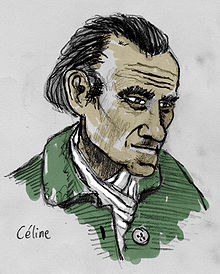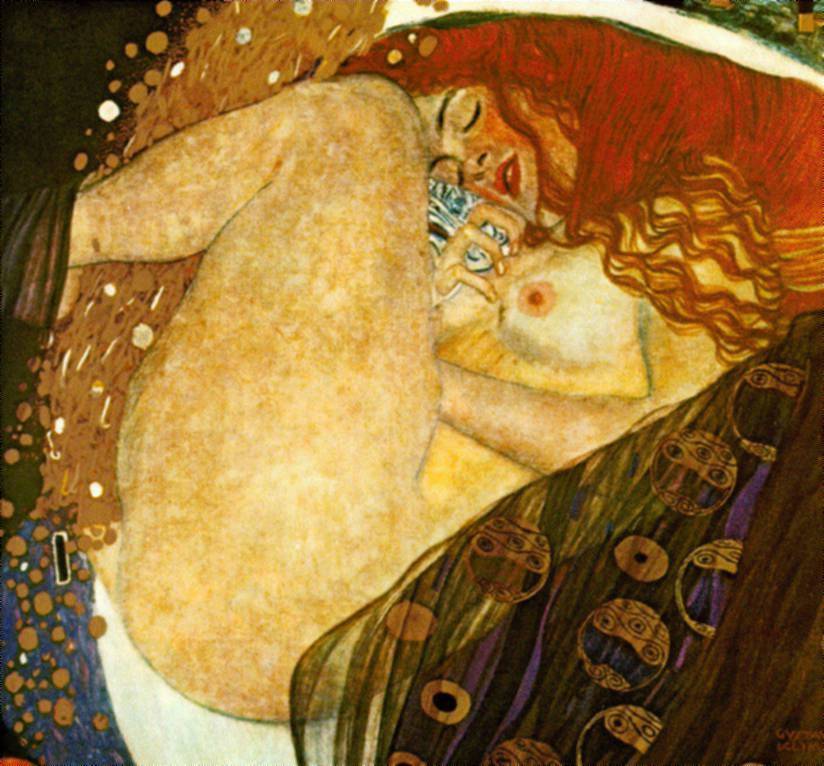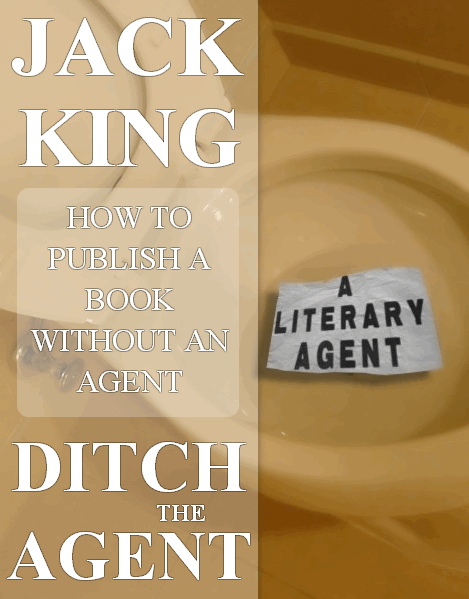
"I'm just a guy trying to make a living. It took me 12 years and over 500 rejections before I was published, and once I landed my first print deal I was determined to learn all I could about the business in order to succeed.
I learned--as most authors have learned--that the publishing industry is fatally flawed. A small number of top-brand authors get the overwhelming majority of the marketing dollars, making it nearly impossible for a midlister to succeed. The practice of returns and remainders is archaic and ridiculous. Books are successful based on the amount of coop they get, and there is little a writer can do to improve their station.
I beleive my goal is one that many writers share: to earn money doing something we love. Prior to my first novel, WHISKEY SOUR, selling to Hyperion in 2002, I'd written nine other novels that failed to find a publisher. In 2009, some fans emailed me, asking if I could make my early, unpublisher work available on Kindle. I went to http://dtp.amazon.com and uploaded my ebooks, which is free.
Now, 14 months later, I've sold 55,000 ebooks, and I'll make over $100,000 this year on books NY publishing rejected." JA Konrath
Geez, and I thought I held a record with the number of rejections to publication ratio.
READ FULL INTERVIEW

 "The US book publishing industry consists of about 2,600 companies with combined annual revenue of about $25 billion. [COMPARISON: The Motion Picture Industry's annual revenue is approx $55 Billion] The industry is highly concentrated: the top 50 companies generate about 80 percent of revenue.
"The US book publishing industry consists of about 2,600 companies with combined annual revenue of about $25 billion. [COMPARISON: The Motion Picture Industry's annual revenue is approx $55 Billion] The industry is highly concentrated: the top 50 companies generate about 80 percent of revenue.


 "two principles were locked in combat for the world: might and right, tyranny and freedom, superstition and knowledge, the law of obduracy and the law of ferment, change and progress.
"two principles were locked in combat for the world: might and right, tyranny and freedom, superstition and knowledge, the law of obduracy and the law of ferment, change and progress. I suspect that many writers would jump at the call for jury duty. I should too, after all how often does one get a chance to observe so closely a criminal case? It's a civic duty. If only it didn't, always, come at a bad time. What is one to do? It may be time to fill out the questionnaire with Leo Tolstoy's words:
I suspect that many writers would jump at the call for jury duty. I should too, after all how often does one get a chance to observe so closely a criminal case? It's a civic duty. If only it didn't, always, come at a bad time. What is one to do? It may be time to fill out the questionnaire with Leo Tolstoy's words: In 1878 Jules Verne, author of immensely popular YA novels, published a story about a 15 year old captain:
In 1878 Jules Verne, author of immensely popular YA novels, published a story about a 15 year old captain:
 "The future poet laureate revealed his private reservations in a series of letters to Olwyn Hughes after moving to Massachusetts with his first wife, the American poet Sylvia Plath, in 1957.
"The future poet laureate revealed his private reservations in a series of letters to Olwyn Hughes after moving to Massachusetts with his first wife, the American poet Sylvia Plath, in 1957. "Just about everything that is popularly believed about UFOs has been exploited, shaped, and, at times, generated by people working for the U.S. Air Force and the intelligence community. The idea that UFOs crashed on U.S. soil, that the U.S. government was harboring and hiding UFO technology, that it was denying its citizens the right to know that aliens have come here and visited—all these things have been deliberately seeded into the culture."
"Just about everything that is popularly believed about UFOs has been exploited, shaped, and, at times, generated by people working for the U.S. Air Force and the intelligence community. The idea that UFOs crashed on U.S. soil, that the U.S. government was harboring and hiding UFO technology, that it was denying its citizens the right to know that aliens have come here and visited—all these things have been deliberately seeded into the culture."

 "[...] I thought to myself in amazement that people do not talk the same language, unlike sparrows, or chaffinches who sing alike everywhere.
"[...] I thought to myself in amazement that people do not talk the same language, unlike sparrows, or chaffinches who sing alike everywhere. "Having finished your first novel, you have polished it to the best of your abilities, got rave reviews from your peer group of ‘wanna be' authors, and you think the most difficult part of your journey, of becoming an internationally published author is over. But, it is not. Before you seek an international publisher in mature markets like London or New York, you have to find a literary agent. ‘Finding a literary agent is akin to finding God [...]
"Having finished your first novel, you have polished it to the best of your abilities, got rave reviews from your peer group of ‘wanna be' authors, and you think the most difficult part of your journey, of becoming an internationally published author is over. But, it is not. Before you seek an international publisher in mature markets like London or New York, you have to find a literary agent. ‘Finding a literary agent is akin to finding God [...]
 "This fascinating new study shows how the CIA and the British secret service, in collaboration with the military alliance NATO and European military secret services, set up a network of clandestine anti-communist armies in Western Europe after World War II.
"This fascinating new study shows how the CIA and the British secret service, in collaboration with the military alliance NATO and European military secret services, set up a network of clandestine anti-communist armies in Western Europe after World War II. "Smartphones and e-mail might be revolutionising espionage, but old-style personal spycraft is as important as ever when it comes to protecting -- or breaking -- state and corporate secrets.
"Smartphones and e-mail might be revolutionising espionage, but old-style personal spycraft is as important as ever when it comes to protecting -- or breaking -- state and corporate secrets. "Most Western states have powerful spy agencies that can read most domestic traffic, and sometimes overseas messages as well. How this functions is controlled by legislation, although this varies and it is impossible to tell how tightly it is followed.
"Most Western states have powerful spy agencies that can read most domestic traffic, and sometimes overseas messages as well. How this functions is controlled by legislation, although this varies and it is impossible to tell how tightly it is followed.
 "The government and publishers have been called upon to come out with measures that will forestall the breeding of 'negative literature' that has the potential to corrupt society", Said Professor Daniel Buor and "appealed to support publishers through the award of contracts for them to publish relevant literary works for public consumption [...]", because "reading exposes the reader to wisdom and experience as well as abilities to enhance his experience and abilities to perform more efficiently". He advised that "it was equally important for publishers to be selective in their publications to curb moral decay in society, explaining that "pornographic literature is having a toll on the moral life of the youth and must be eliminated from the system".
"The government and publishers have been called upon to come out with measures that will forestall the breeding of 'negative literature' that has the potential to corrupt society", Said Professor Daniel Buor and "appealed to support publishers through the award of contracts for them to publish relevant literary works for public consumption [...]", because "reading exposes the reader to wisdom and experience as well as abilities to enhance his experience and abilities to perform more efficiently". He advised that "it was equally important for publishers to be selective in their publications to curb moral decay in society, explaining that "pornographic literature is having a toll on the moral life of the youth and must be eliminated from the system". 